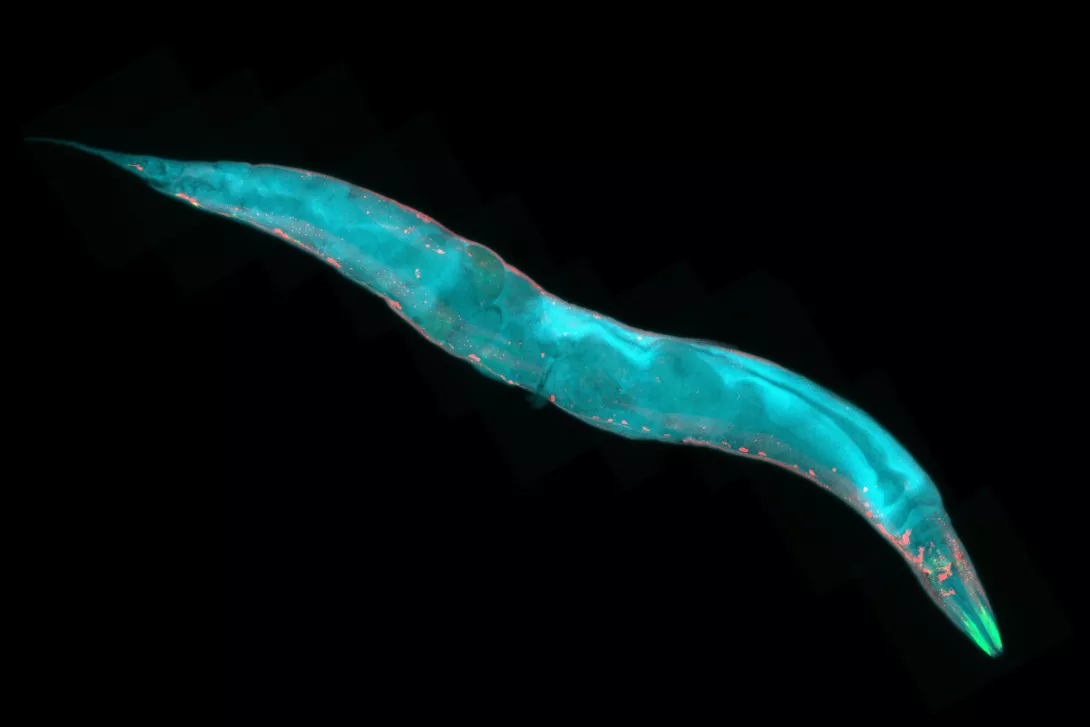
Supported by the European Innovation Council, BABots (Biological Animal roBots) is a large-scale project, starting in October 2023 and which proposes a new approach to bio-robotics.
The project is coordinated by Professor Elio Tuci of the Faculty of Computer Science and the Namur Institute for Complex Systems (naXys).
The BABots project brings together six other partners:
- the Department of Medical Neurobiology of the Hebrew University of Jerusalem - Israël,
- the Institute of Cognitive Sciences and Technologies (ISTC) of the Italian National Research Council (CNR) - Italy,
- the Max Planck Institute for Behavioural Neurobiology – CAESAR Institute for Behavioural Neurobiology - CAESAR - Germany,
- the Max Planck Institute for Animal Behaviour - Germany,
- the Department of Management Studies at Aalto University - Finland,
- and the vertical farming company ZERO Farming - Italy.
Together, they will combine their expertise to study the impact of animal behaviour on the environment and the individual and collective individual and collective behaviour of small biological robots: the BABots. These small animals’ nervous system is genetically reconfigured to produce new behaviours. These creatures will be used as biological animal robots to perform various tasks, such as the protection of crops from invading pathogens, the removal of soil or water contaminants or the execution of specific clinical procedures within the human body.
"Although some of these tasks can also be performed by chemical means or by using conventional robots, BABots will offer an unparalleled level of agility, precision, efficiency and biocompatibility," say the researchers.
The aim is to develop the BABots technology, and to demonstrate its usefulness and safety within a rigorous ethical and regulatory framework. The first BABots system will be implemented in C. elegans, a 1 mm long nematode worm. A group of nematodes will be programmed to coordinate their actions, detect, and eliminate pathogens. This scenario will be studied exclusively in a Petri dish. However, the project also aims to test the effectiveness of the BABots technology in a natural environment such as the confined environment of vertical farming.

The scientific disciplines covered
- Neurobiology and synthetic biology. The aim will be to design and build biosafe transgenic C. elegans worms.
- Swarm intelligence and population dynamics. The researchers will study the individual and collective behaviour of BABots, both theoretically and experimentally. The aim is to be able to determine how to program their behaviour and how to compose populations.
- Ethics of technology. A team will work on the design of a strong and effective ethical and regulatory framework for the development of the BABots technology.
- Vertical farming. The objective will be to provide a realistic context for the implementation of a first BABot in a controlled and confined (zero risk) agricultural environment.
Genetic modification in fundamental research
Genetic modification, which is strictly regulated, is a common practice in fundamental research and is increasingly used in various applications. For example, some fish are designed to become fluorescent when they encounter pollutants. The essential novelty that distinguishes BABots from simple transgenic animals is that they will be active and autonomous and will produce the desired complex responses depending on the situation. Instead of simply signalling the presence of a target substance, they will act to eliminate it in an efficient manner.
Overcoming the limitations of robotics
While current robotic technology plays an important and growing role in many areas, it has certain limitations, which BABots could overcome. On the one hand, BABots will demonstrate superior sensitivity, agility, and compatibility in diverse biological environments at multiple scales, thanks to their highly advanced biological sensors and actuators. On the other hand, they have a high degree of flexibility and sophistication, thanks to their programming at the level of biological neural networks. Finally, they will be easy to manufacture, to feed, to recycle and eventually to degrade, as they can self-replicate and are entirely organic.
Informing and educating the public
Special attention will be paid to the public to raise awareness of the opportunities as well as the calculated risks of BABots. To this end, multiple demonstration and education activities will be carried out, such as public events with open constructive discussions and brainstorming sessions on ethical and social acceptability issues related to the aims of the project.

This project has received funding from the European Innovation Council's Horizon Europe - EIC PathFinder work programme, under the agreement Project 101098722 - BABots.
EN